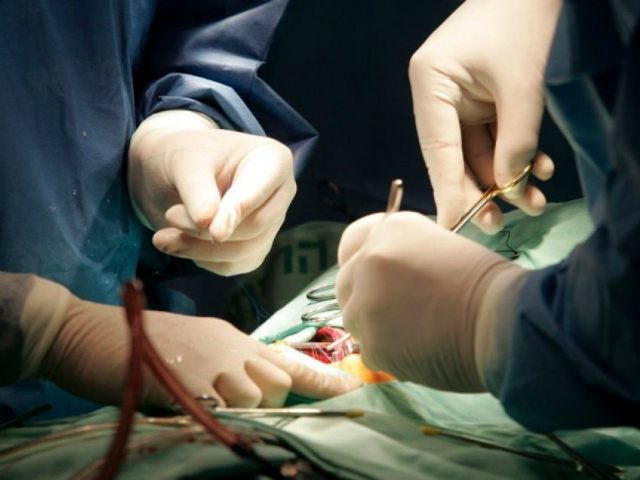Surgeons will soon perform penis transplant operations for the first time in the United States on American service members who have suffered severe wounds to their genitals in the line of duty.
According to the Department of Defense (DoD) Trauma Registry, 1,367 U.S. troops sustained wounds to the genitals in Iraq and Afghanistan between 2001 and 2013.
The majority of the service members were under 35 and injured by improvised explosive devices (IEDs), commonly known as homemade bombs. IEDs are among the most widely used weapons by jihadists against U.S. service members in Iraq and Afghanistan.
Some of the men in military service suffered what doctors call genitourinary injuries, which means they lost all or part of their genitalia.
“Within a year, maybe in just a few months, a young soldier with a horrific injury from a bomb blast in Afghanistan will have an operation that has never been performed in the United States: a penis transplant,” reports the New York Times (NYT).
“The organ will come from a deceased donor, and the surgeons, from Johns Hopkins University School of Medicine in Baltimore, say they expect it to start working in a matter of months, developing urinary function, sensation and, eventually, the ability to have sex,” NYT adds.
Although missing limbs are not uncommon to conflicts such as the wars in Iraq and Afghanistan, genital injury is a hidden wound that to many carries shame, stigma, and embarrassment, notes NYT.
“These genitourinary injuries are not things we hear about or read about very often,” Dr. W. P. Andrew Lee, the chairman of plastic and reconstructive surgery at Johns Hopkins, told the Times. “I think one would agree it is as devastating as anything that our wounded warriors suffer, for a young man to come home in his early 20s with the pelvic area completely destroyed.”
“Only two other penis transplants have been reported in medical journals: a failed one in China in 2006 and a successful one in South Africa last year,” notes NYT. “The surgery is considered experimental, and Johns Hopkins has given the doctors permission to perform 60 transplants. The university will monitor the results and decide whether to make the operation a standard treatment. The risks, like those of any major transplant operation, include bleeding, infection and the possibility that the medicine needed to prevent transplant rejection will increase the odds of cancer.”
Although he warned patients not to “think they can regain it all,” Dr. Lee said he thinks fathering children is “a realistic goal.”
John Hopkins will fund the first transplant, Dr. Lee told the Times, noting that he asked the Pentagon for money to pay for more operations.
The surgeons are performing the operation pro bono, donating their time, said Dr. Lee.
“He estimated the cost at $200,000 to $400,000 per operation,” reports NYT. “He said the Department of Veterans Affairs would pay for the drug that the men will need to prevent transplant rejection.”

COMMENTS
Please let us know if you're having issues with commenting.